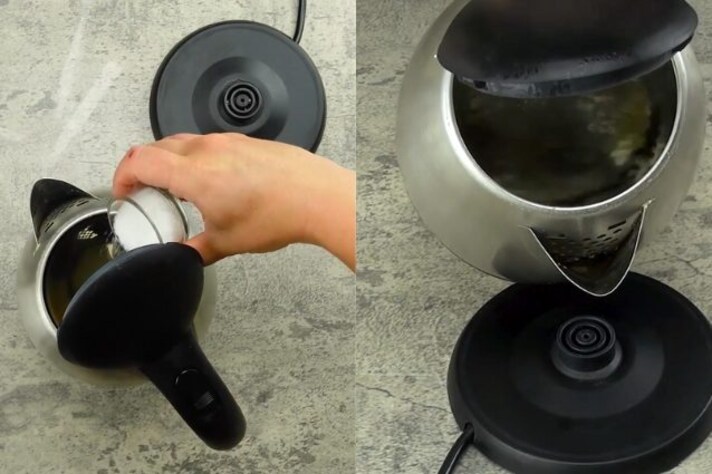
Citric acid, a natural compound found in citrus fruits, is not only a staple in the culinary world but also a potent cleaning agent. This biodegradable acid is known for its ability to break down grime, remove tough stains, and act as a natural preservative. In the household, citric acid can be utilized for a variety of cleaning tasks, offering a non-toxic alternative to conventional chemical cleaners. Its versatility extends from the kitchen to practically every corner of the house, making it a valuable ally in your cleaning arsenal.
Is Citric Acid Better Than Vinegar for Cleaning?
When it comes to natural cleaning agents, both citric acid and vinegar are highly effective, yet they have distinct advantages. Citric acid is a stronger acid than vinegar, which allows it to break down tougher stains and build-ups like limescale more effectively. Unlike vinegar, citric acid leaves behind no residue or strong odor, making it preferable for cleaning in environments where the smell of vinegar might be undesirable. However, vinegar is often more readily available and can be cheaper, making it a good choice for routine cleaning tasks. Citric acid's potent action makes it ideal for deep cleaning sessions where removing stubborn residues is necessary.
How to Remove Limescale from the Sink

Limescale can be a persistent problem in areas with hard water, leaving a white, chalky residue on faucets and sinks. To tackle this issue with citric acid, create a simple cleaning solution by dissolving a couple of tablespoons of citric acid into a liter of water. Pour this mixture into a spray bottle for easy application. Spray the solution generously on the limescale deposits and let it sit for several minutes. The citric acid will work to dissolve the mineral build-up, making it easy to wipe away with a clean cloth. For tougher stains, a second application might be necessary, but the result is a sparkling, scale-free faucet.
How to Clean Your Kettle with Citric Acid

Over time, kettles can accumulate mineral deposits from water, which can affect their performance and the taste of the water boiled in them. To clean your kettle using citric acid, mix three teaspoons of citric acid with half a glass of vinegar and fill the kettle with water. Bring the mixture to a boil and then let it sit until it cools down. The combination of citric acid and vinegar effectively breaks down the limescale. Once cooled, rinse the kettle several times with clean water to ensure all residues are removed, leaving your kettle clean and ready for use.
What Not to Clean with Citric Acid
While citric acid is a versatile cleaner, it's not suitable for every surface. Its acidic nature can damage natural stone surfaces such as marble, granite, or limestone, as it may etch or dull the finish. It's also not recommended for use on brass, copper, or aluminum surfaces as it can cause discoloration and corrosion. Always do a spot test in an inconspicuous area if you're unsure whether citric acid is safe to use on a particular material.

;Resize,width=767;)
